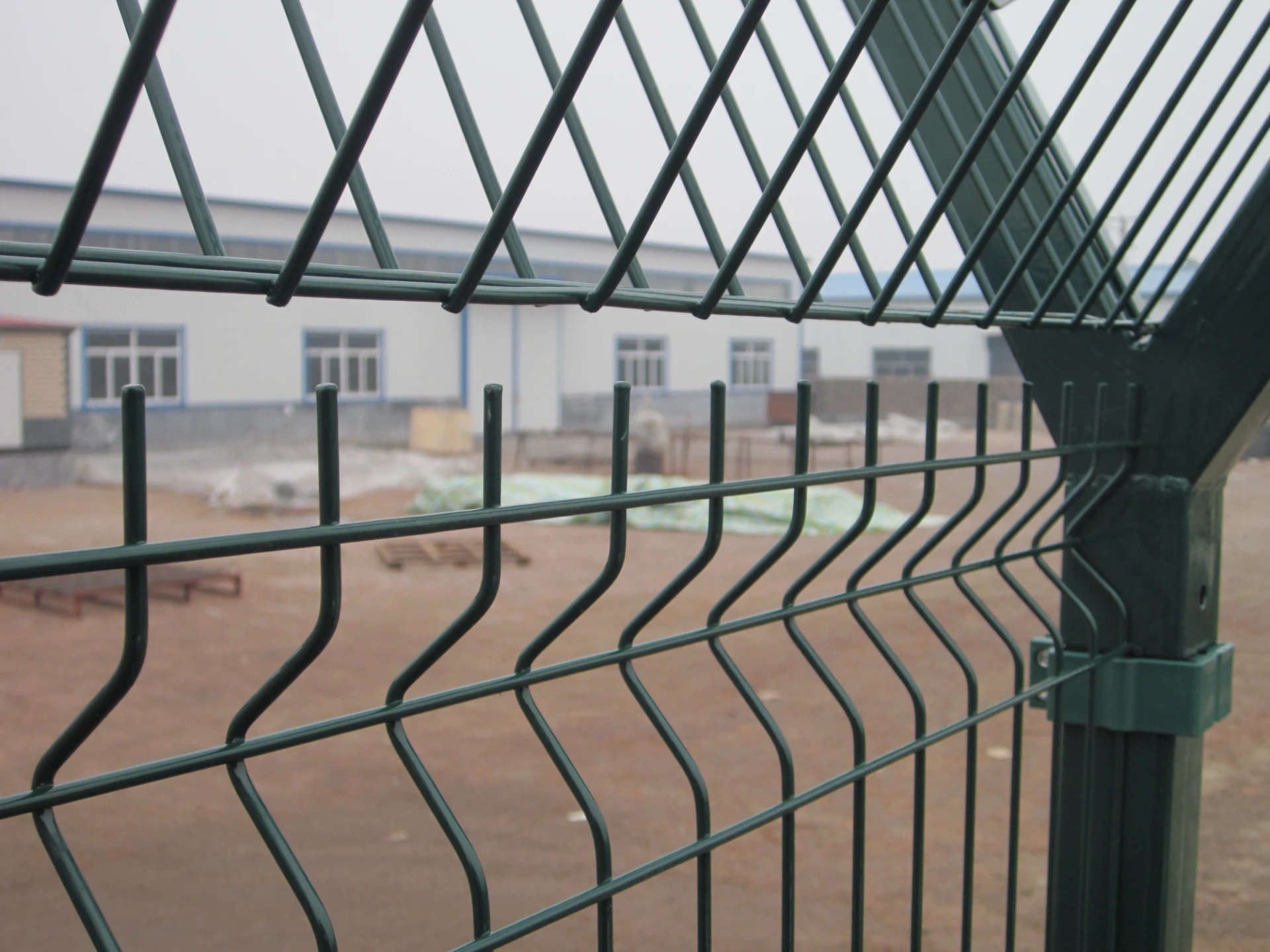Exploring the Versatility of Expanded Metal Mesh Panels
Expanded metal mesh panels have increasingly gained popularity across various industries, thanks to their unique properties and aesthetic appeal. These panels are manufactured by taking a flat sheet of metal and cutting it to create a series of slits, which are then stretched to form a mesh pattern. The result is a lightweight yet strong material that is both functional and visually striking.
One of the standout features of expanded metal mesh panels is their exceptional strength-to-weight ratio. Despite being lightweight, they offer remarkable strength, making them suitable for a wide range of applications. This characteristic is particularly valued in industries such as construction, architectural design, and manufacturing. The durability of these panels allows them to withstand harsh environmental conditions, making them ideal for outdoor use and structural applications.
In construction, expanded metal mesh panels are utilized in various ways. They can be employed as infill panels for balustrades, security fencing, or even as decorative elements in facades. The open design of the mesh provides excellent visibility and airflow, which is advantageous in environments requiring natural ventilation. Architects often incorporate expanded metal mesh into their designs not only for its strength but also for its aesthetic qualities. The interplay of light and shadows through the mesh creates dynamic visual effects, enhancing the overall architectural appeal.
Another notable application of expanded metal mesh panels is in the manufacturing industry. They are commonly used for filtration and screening processes, as the openings in the mesh can be tailored to allow specific particle sizes to pass through while retaining larger particles. This property makes them invaluable in industries such as food processing, pharmaceuticals, and chemicals, where effective separation and filtering are critical.
expanded metal mesh panels

In addition to their functional benefits, expanded metal mesh panels can also serve decorative purposes. They are often used in interior design projects to create stylish partitions, ceiling treatments, and feature walls. The unique appearance of the mesh adds a contemporary touch to spaces while maintaining an open feeling. Designers can customize the finish of the panels, adding colors or textures to meet specific aesthetic requirements, making them a versatile choice for both commercial and residential applications.
Sustainability is another factor driving the popularity of expanded metal mesh panels. Many manufacturers produce these panels using recycled materials, contributing to environmentally friendly practices. Furthermore, their lightweight nature reduces transportation costs and energy usage during delivery, aligning with global efforts to minimize carbon footprints.
The ease of installation is also a significant benefit of expanded metal mesh panels. They can be easily cut, shaped, and installed in various configurations, which saves both time and labor costs during construction or renovation projects. This adaptability makes them a preferred choice for contractors and builders who seek efficiency without compromising on quality.
While expanded metal mesh panels offer numerous benefits, it is essential to consider factors such as material type, mesh sizing, and coating options when selecting the right panel for a specific application. Different metals, such as aluminum, steel, and stainless steel, offer varying levels of corrosion resistance and strength, allowing users to choose a material that best suits their needs. Additionally, surface treatments, such as powder coating or galvanization, can enhance the lifespan of the panels, especially in outdoor settings exposed to the elements.
In a world where design innovation and sustainability are paramount, expanded metal mesh panels represent a perfect solution that bridges functionality, aesthetics, and environmental responsibility. Their versatility allows them to be used in a plethora of applications across different industries, making them a staple material for architects, designers, and builders alike. As technology and design trends evolve, the use of expanded metal mesh panels is likely to continue expanding, further highlighting their significance in modern construction and design. Whether used for practicality or as a design statement, these panels are poised to remain a popular choice for years to come.
















